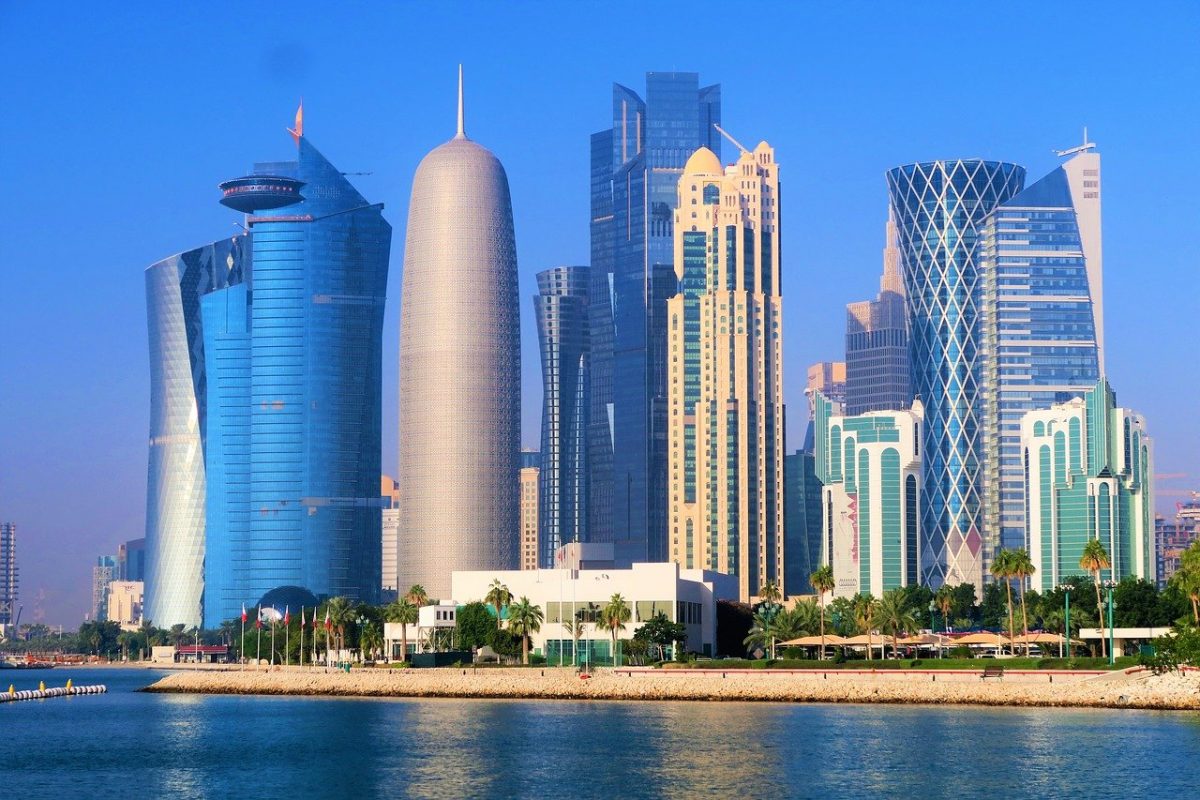In some parts of the UAE, such as Abu Dhabi and Dubai, it is a legal requirement for residents to have health insurance. For the majority of people, health insurance is acquired through an employer, however, that is not always the case. So, here is a guide to the different levels and types of health insurance providers available:
What levels of health insurance are there?
There are three levels of health insurance to consider when comparing policies: basic, medium and comprehensive. There are usually price differences between the different levels, but this is because they offer different amounts of cover for healthcare-related costs. In general, the more you pay, the more cover you have.
A basic health insurance policy will cover you for treatment and related costs if you’re an inpatient in a hospital. A medium-level policy includes everything covered at a basic level, as well as outpatient care on top of that. A comprehensive insurance policy offers the highest level of cover. These types of policies include everything covered at a basic or medium level, plus cover for mental health and physiotherapy. Weighing up the amount of cover you need and how much you can afford to pay is a key way of choosing the right health insurance policy for you.
What types of health insurance policy are there?
As well as a range of levels, there are a variety of health insurance policies intended to cover different people. This means you can choose between an individual, joint, family or child policy, depending on your situation and needs. For example, taking out a joint policy to cover a couple will likely be better value for money compared to taking out two individual policies. Similarly, if you’re planning on expanding your family with a child, you may want to consider a family or child health insurance policy to prepare for their arrival.
If you’d like to know more about the different types of health cover available in the UAE, contact us today. A member of our team will be happy to help you compare policies and find the best medical insurance for parents.





